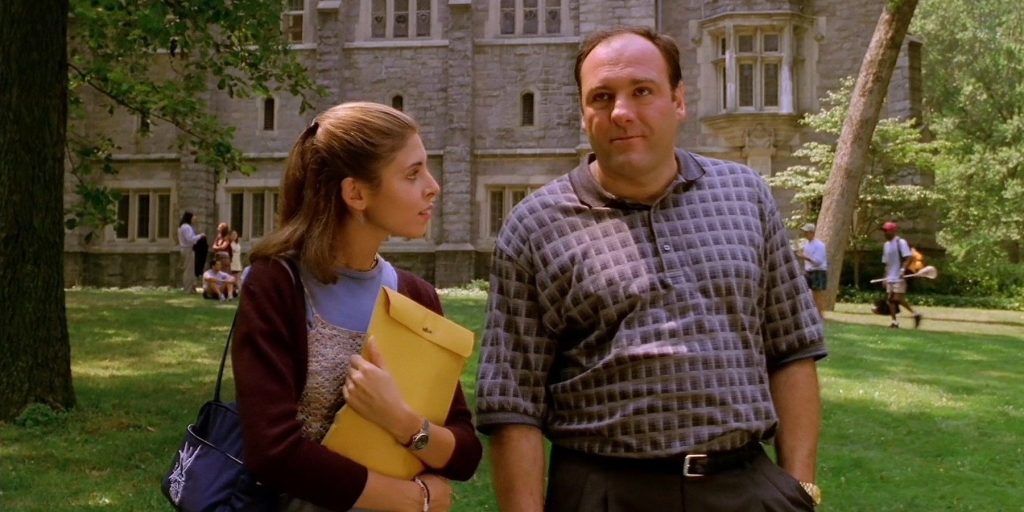Kevin Nash as Head Booker in WCW: The Complexities and Challenges
Kevin Nash’s tenure as head booker for World Championship Wrestling (WCW) during the late 90s remains one of the most debated periods in the history of professional wrestling. Appointed to the position amidst WCW’s heated rivalry with the World Wrestling Federation (WWF, now WWE), Nash’s role and decisions have been scrutinized, praised, and criticized in equal measure. This analysis aims to shed light on his tenure, the decisions he made, his influence alongside Eric Bischoff, and address some common misconceptions about his role within the company.
The Backdrop of Nash’s Booking Tenure
When Kevin Nash took over as head booker in 1999, WCW was at a crossroads. The company had enjoyed unprecedented success in the mid-90s, largely thanks to the New World Order (nWo) storyline, in which Nash played a pivotal role. However, by the time Nash assumed creative control, WCW was facing declining ratings, a bloated roster, and the mounting challenge of WWF’s Attitude Era, which had begun to shift the balance of power in the wrestling world.
Decisions and Direction under Nash
Nash’s booking tenure was marked by several controversial decisions and storylines. One of his most criticized moves was the “Fingerpoke of Doom,” a segment where Hulk Hogan lightly poked Nash in the chest, leading to Nash’s fall and Hogan winning the WCW World Heavyweight Championship. This incident is often cited as a pivotal moment that eroded WCW’s credibility among its fanbase.
Despite such controversies, it’s essential to recognize the context in which Nash operated. WCW’s creative environment was notoriously chaotic, with frequent changes in leadership and direction. Nash was not only a top-tier talent but also tasked with steering the creative ship amidst these turbulent waters, a dual role that presented significant challenges.
Influence and Interaction with Eric Bischoff
Eric Bischoff, WCW’s Executive Producer and later President, was instrumental in bringing Nash into WCW and elevating him to a position of creative influence. While Bischoff was the driving force behind WCW’s business strategies and television deals, Nash’s role as head booker meant he had considerable sway over storylines and character development. Their relationship was complex, with both men sharing a vision for WCW’s direction, yet at times differing on how to achieve it. Bischoff’s eventual departure from WCW in 1999 left Nash in an even more precarious position, trying to fill the void left by one of the most influential figures in the company’s history.
Misconceptions about Nash’s Booking Role
There are several misconceptions about Nash’s tenure as head booker. Firstly, many assume that Nash wielded unilateral power over WCW’s creative direction, which overlooks the collaborative (and often contentious) nature of WCW’s creative team. While Nash had significant influence, his decisions were frequently subject to approval and modification by higher-ups in WCW and its parent company, Turner Broadcasting.
Another misconception is that Nash booked purely to benefit himself. While self-serving booking has been a criticism of many wrestlers-turned-bookers, Nash’s booking decisions were often aimed at trying to rejuvenate WCW’s product and introduce new stars. For instance, he was a proponent of elevating younger talent, such as Goldberg, though these efforts were sometimes overshadowed by the company’s reliance on established stars.
Legacy of Nash’s Creative Tenure
Evaluating Kevin Nash’s legacy as WCW’s head booker is complex. On one hand, his tenure coincided with some of the company’s most criticized moments, contributing to its eventual decline and sale to the WWF. On the other, Nash operated under immense pressure and constraints, attempting to navigate a sinking ship with limited resources and conflicting directives.
Nash’s influence in WCW, both as a performer and a booker, was indicative of a broader trend in wrestling during the late 90s: the blurring of lines between performers’ in-ring personas and their roles behind the scenes. While his tenure as head booker is often remembered for its controversies, it also reflects the challenges of maintaining creativity and innovation in a rapidly changing industry.
In conclusion, Kevin Nash’s role as head booker for WCW is a testament to the complexities of creative control in professional wrestling. Balancing the demands of storytelling, audience expectations, and corporate oversight, Nash’s tenure underscores the challenges faced by those tasked with shaping the direction of a major wrestling promotion. Despite the controversies and criticisms, Nash’s influence on WCW’s creative direction during a pivotal period in wrestling history cannot be understated, offering valuable lessons on the intricacies of wrestling’s creative processes.




